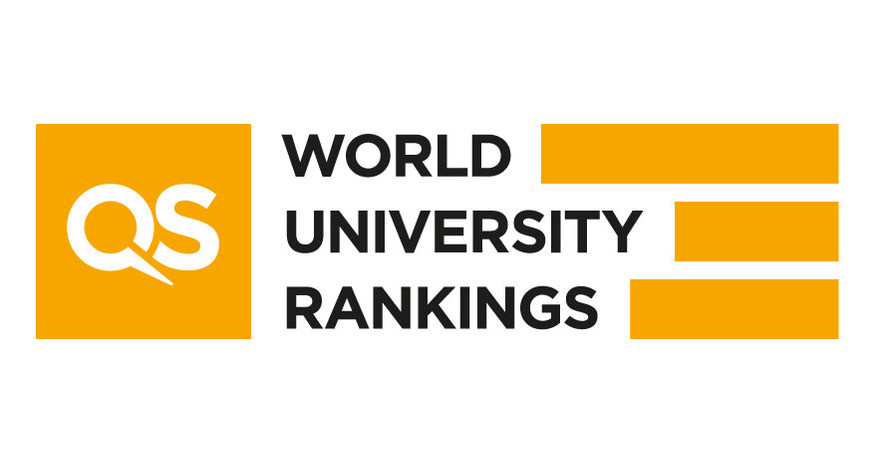QS Originally began the process of ranking universities internationally by identifying the primary on world-class universities: research quality, graduate employability, teaching, experience, and international outlook. It then sought ways of measuring each of these.
QS World University Rankings is an annual publication of university rankings by Quacquarelli Symonds (QS).
Previously known as Times Higher Education–QS World University Rankings, the publisher had collaborated with Times Higher Education (THE) magazine to publish its international league tables from 2004 to 2009 before both started to announce their own versions.
QS then chose to continue using the pre-existing methodology, while THE adopted a new methodology to create their rankings.
